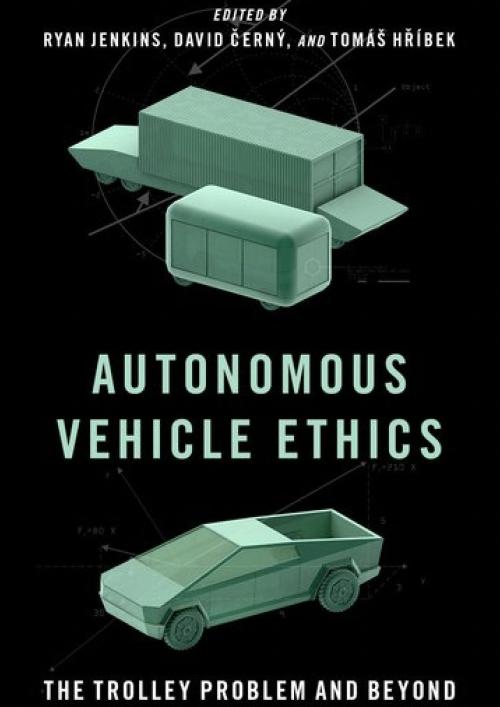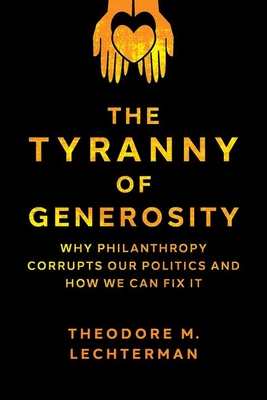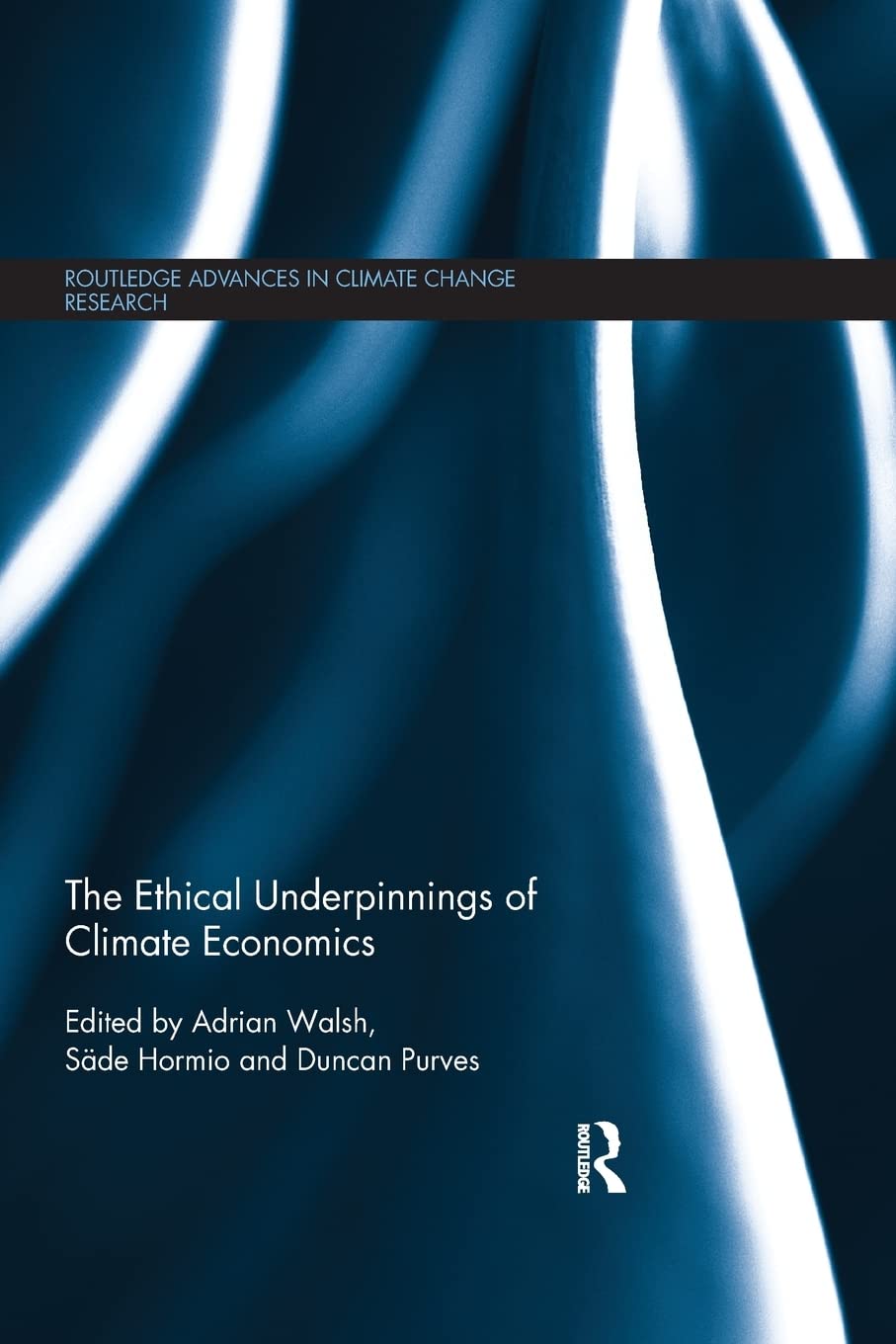Compass Research
Compass Ethics assembles teams of scholar-practitioners who combine deep industry experience with cutting-edge academic research.
Below, we highlight recent successes of our team members in academic publishing and securing research grants. Our team’s publications regularly appear in premier peer-reviewed journals, books from top academic presses, and government reports.

Featured White paper
Combating disinformation with AI:
 Ted Lechterman
Ted Lechterman Ben Lange
Ben Lange
Compass Awarded Grants
Topic:
Studying the Ethics of Self-regulation for High-risk Technology
Grantmaker:
The Mercatus Center at George Mason University
About
In the absence of comprehensive regulation, producers of high-risk technology increasingly seek to develop their own guidelines for safeguarding their products against misuse. This raises a variety of challenging normative questions. Can technology companies be trusted to safeguard their products effectively? What makes certain self-regulatory frameworks better than others? Above all, Bradley and Ted are keen to explore when, if ever, such efforts can be democratically legitimate. In many cases, self-regulation evades democratic accountability, as it allows tech firms to make up their own rules without subjecting them to democratic scrutiny. Interestingly, however, we also observe certain circumstances in which self-regulation may actually be democracy-enhancing. Stay tuned for more updates as this research unfolds!

Interesting Work Our Scholars are Doing in the World

The Bounds of Defense, Killing, Moral Responsibility, and War
Bradley J. Strawser (Oxford University Press, 2023).

Autonomous Vehicle Ethics: The Trolley Problem and Beyond
Ryan Jenkins, David Cerný, and Tomas Hríbek (Oxford University Press, 2022).





